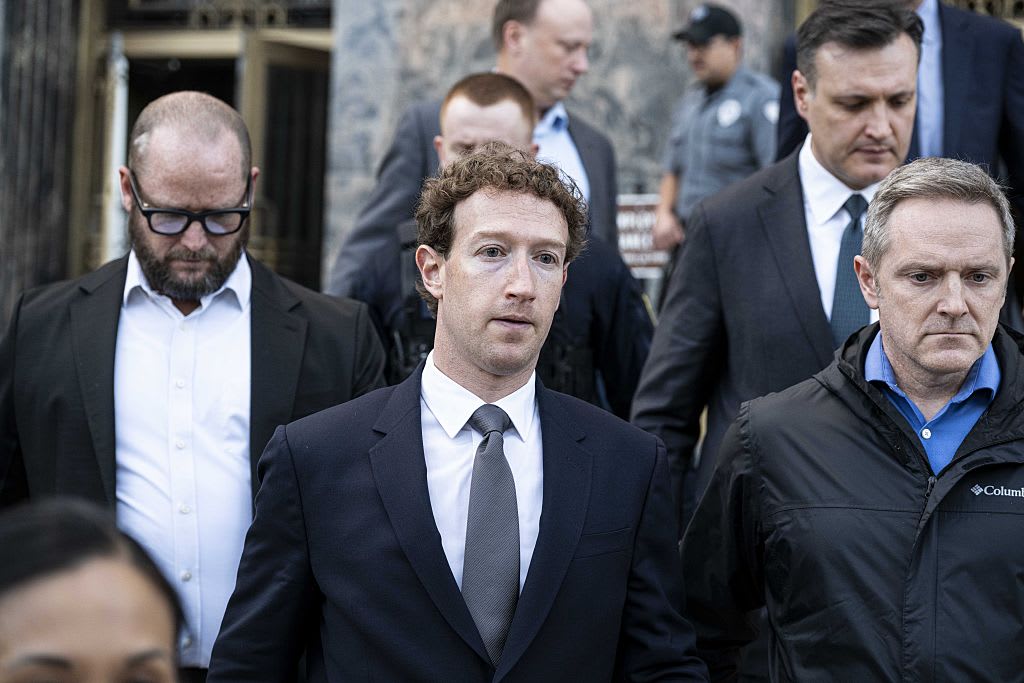Facebook says it won't limit political ad targeting
Facebook said it won't limit how political ads can be targeted to specific groups of people, as its main digital-ad rival Google did in November to fight misinformation. Neither will it ban political ads outright, as Twitter did last October.
And it still won't fact check them, as it's faced pressure to do.
Instead, it is announcing much more limited "transparency features" that aim to give users slightly more control over how many political ads they see and to make its online library of political ads easier to use.
The decision comes after Facebook CEO Mark Zuckerberg told "CBS This Morning" in December that voters should make their own decisions about a politician's character.
"What I believe is that in a democracy, it's really important that people can see for themselves what politicians are saying, so they can make their own judgments. And, you know, I don't think that a private company should be censoring politicians or news," Zuckerberg told "CBS This Morning" last month.
These latest steps appear unlikely to assuage critics — including some of the company's rank and file employees — who say Facebook has too much power and not enough limits when it comes to its effects on elections and democracy itself.
Google's view
Since last fall, Facebook has insisted that it won't fact-check political ads, a move that critics say gives politicians license to lie in ads that can't be easily monitored by outsiders. CEO Mark Zuckerberg has repeatedly argued that "political speech is important" and that Facebook doesn't want to interfere with it.
Google, the digital ads leader, is limiting political-ad targeting to broad categories such as sex, age and postal code.
Facebook said in a blog post Thursday that it considered limiting the targeting of political ads. But the social network said it learned about their importance for "reaching key audiences" after conducting outreach with political campaigns from both U.S. parties, political groups and nonprofits.
The company said it was guided by the principle that "people should be able to hear from those who wish to lead them, warts and all, and that what they say should be scrutinized and debated in public."
"This does not mean that politicians can say whatever they like in advertisements on Facebook," the blog post said. "All users must abide by our Community Standards, which apply to ads and include policies that, for example, ban hate speech, harmful content and content designed to intimidate voters or stop them from exercising their right to vote."
Facebook does plan to let users choose to see "fewer" political and social-issue ads, although it won't let people exclude them entirely. It will also let people search the ad library for exact phrases and to limit their search results using filters such as ad-audience size, dates and regions reached.
The transparency changes will go into effect over the next three months in the U.S. and other countries where Facebook puts "paid for by" disclaimers on political ads. The political-ad controls won't roll out in the U.S. until early summer; the company will "eventually" expand them to other regions.



